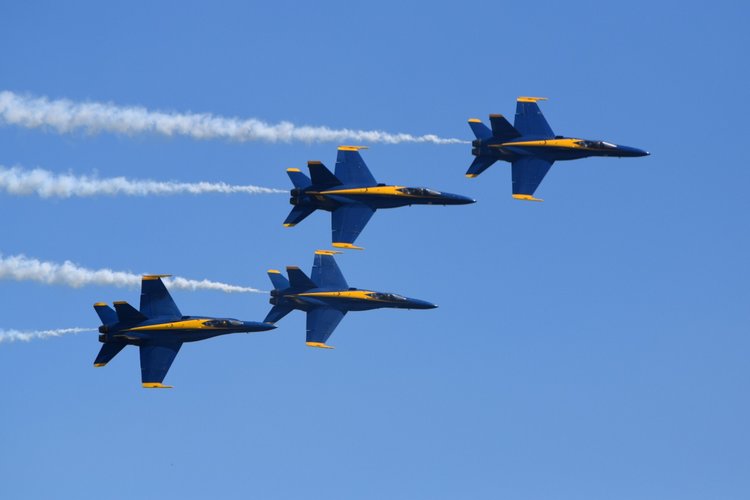Blog
Making the Best Out of Groups and Group Projects

Once upon a time in an organizational structure collaboration was considered the ultimate virtue. At every organization, people were forced into the open workspace to encourage collaboration through encounters while managers urged underlings to collaborate through chat platforms, various collaboration tools other than email and voice and obliged star performers to be good corporate citizens and help out the fellow workers.
While the need for collaboration can make sense from the point of organization where people achieve larger things collectively that they cannot achieve individually, when talking to a colleague sparks valuable insight or a discussion with a member of another department helps you to fine tune a project you have been working for a while, yet hardly justifies the time wasted on distraction and loss of focus.
Research done by University of Pennsylvania’s Wharton School and the University of Virginia’s McIntire School of Commerce shows that time spent by managers and employees in collaborative activities has ballooned by 50% or more over the last two decades, suggesting that we may have reached a point of saturation when it comes to collaboration.
Cal Newport, an associate professor of Computer Science at Georgetown University, who specializes in the theory of disturbed algorithms, argues that the ability to focus is the new form of IQ in the knowledge economy.
In his book Deep Work; Rules for Focused Success in a Distracted World Professor Newport insists on the importance of cultivating a deep work ethic instead of spending working hours in a blur of work email, meetings and demands for collaborations.
Deep work or deep think is fast becoming the hottest app among knowledge workers. It is only by concentrating deeply that you can master a difficult discipline, solve a demanding problem or deliver results that reach levels of perfection.
In addition to Newport’s promotion of high craftsmanship achieved through deep focus, a large number of academic researchers provides solid evidence as to how deep the rot lay. Professor Gloria Mark, at Donald Bren School of Information and Computer Sciences at the University of California, discovered that even shortest of interruptions can have a drastic impact on the total time required to complete the task, increasing it by a significant amount disproportionate to the time of distraction.
Moreover, a succession of studies has shown that multitasking and continuous distractions can reduce the quality of work in addition to increasing the time, mainly due to attention residue, in which the mind continues to think about the previous work while continuing to work with the second.
McIntire professors, Rob Cross and Peter Gray also suggest that whereas managers may notice the benefit of collaboration, they fail to measure its costs effectively. According to a research done by Cross and Gray, knowledge workers spend 70 to 85% of their time attending collaboration related work and tasks, that taking work home has become a permanent part of a knowledge worker’s life. While it was once blasphemous to abstain from collaboration, more and more productive knowledge workers go out of their way to avoid the daily flood of invitations to collaborate by avoiding meeting and unplugging from distractions.
Meanwhile, some organizations are discreetly abandoning the use of medium or small size teams to hire comprehensivists, who have reached beyond specializations to master various interconnected disciplines and skills that are required to complete a single project. Although knowledge workers with polymathic competencies in multiple disciplines are still rare, they are fast becoming more common and demand, due to their ability to provide a comprehensive work with high perfection levels, within a shorter time period.
Yet, why have a majority of organizations being blindsided by collaboration? One of the main reasons could be that collaboration is much easier to measure than deep work. While it is easier to measure how many people collaborate through email or speak up in meetings, the productivity of deep work is less tangible and takes a longer time to measure and bear fruit.
According to hbr, organizations need to strike a balance between collaboration and deep work by monitoring multi-platform including email and chat transactions as well as task management tools, help people collaborate while giving them time to think and do deep work.


